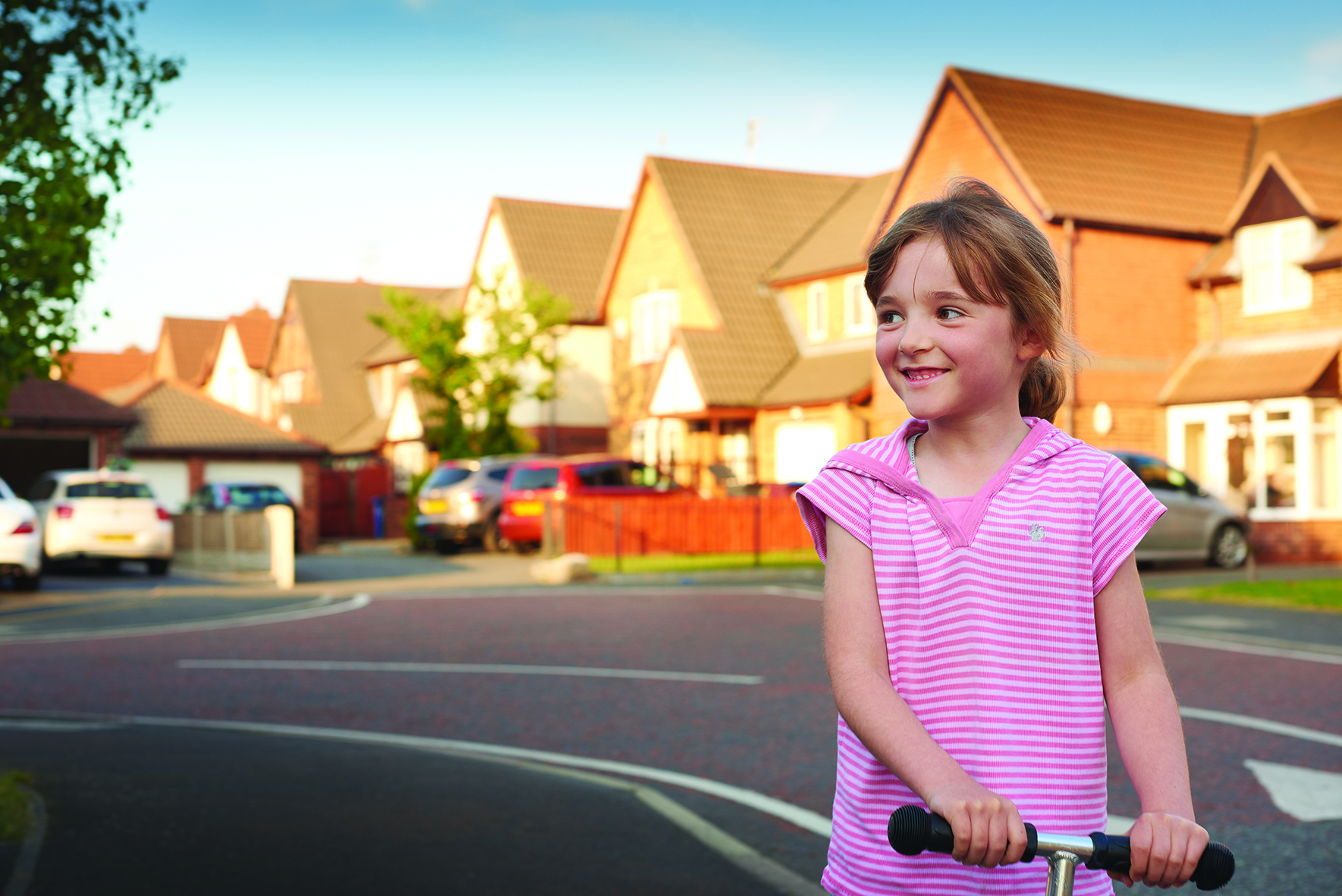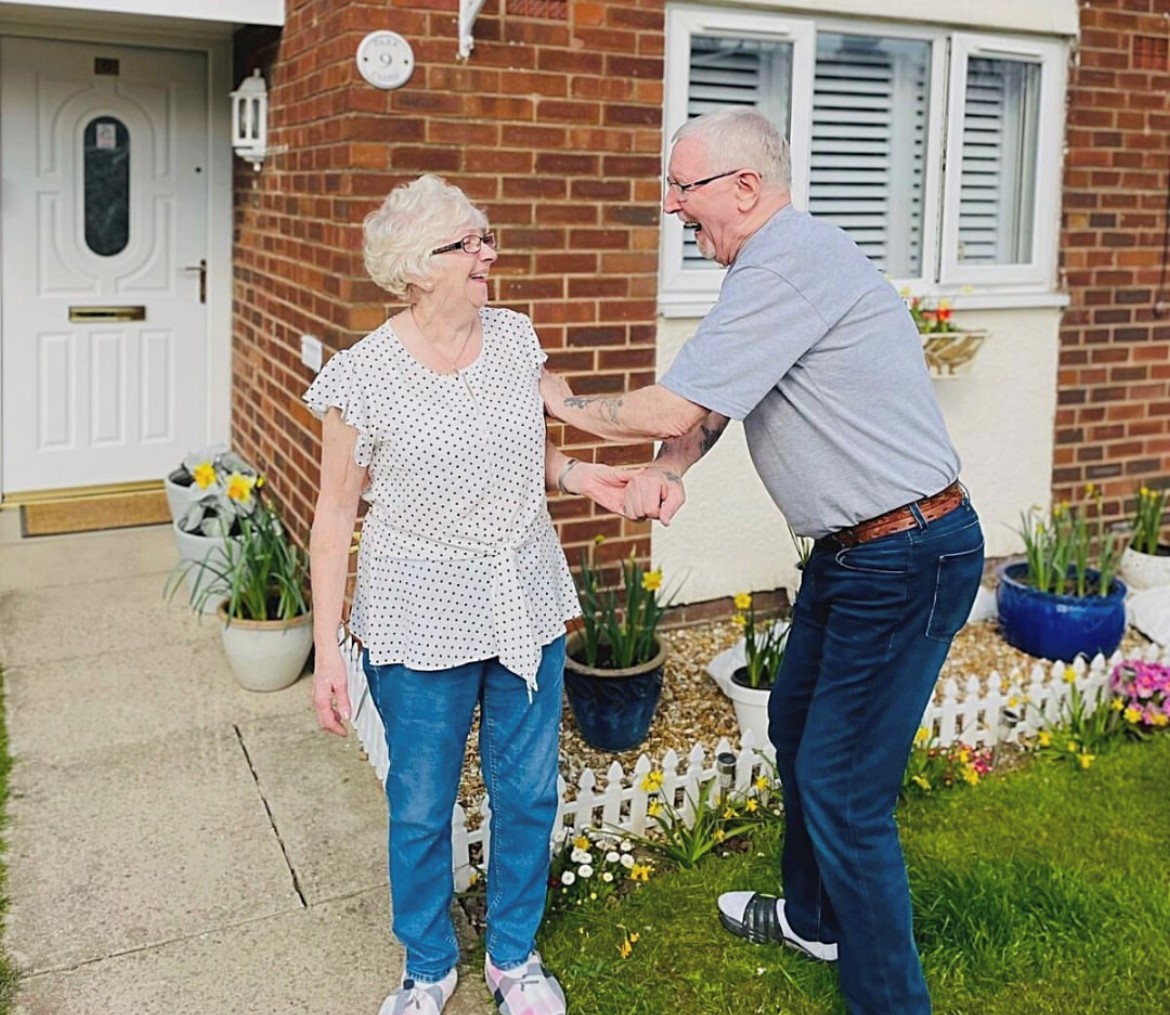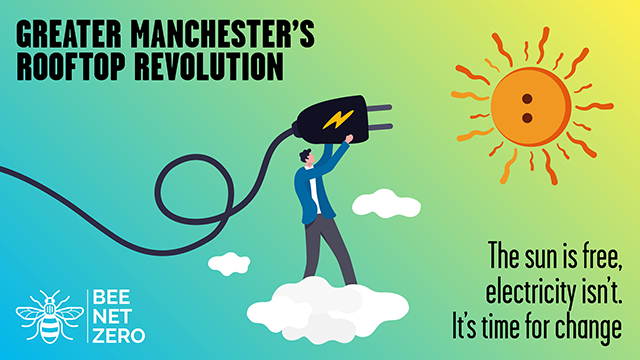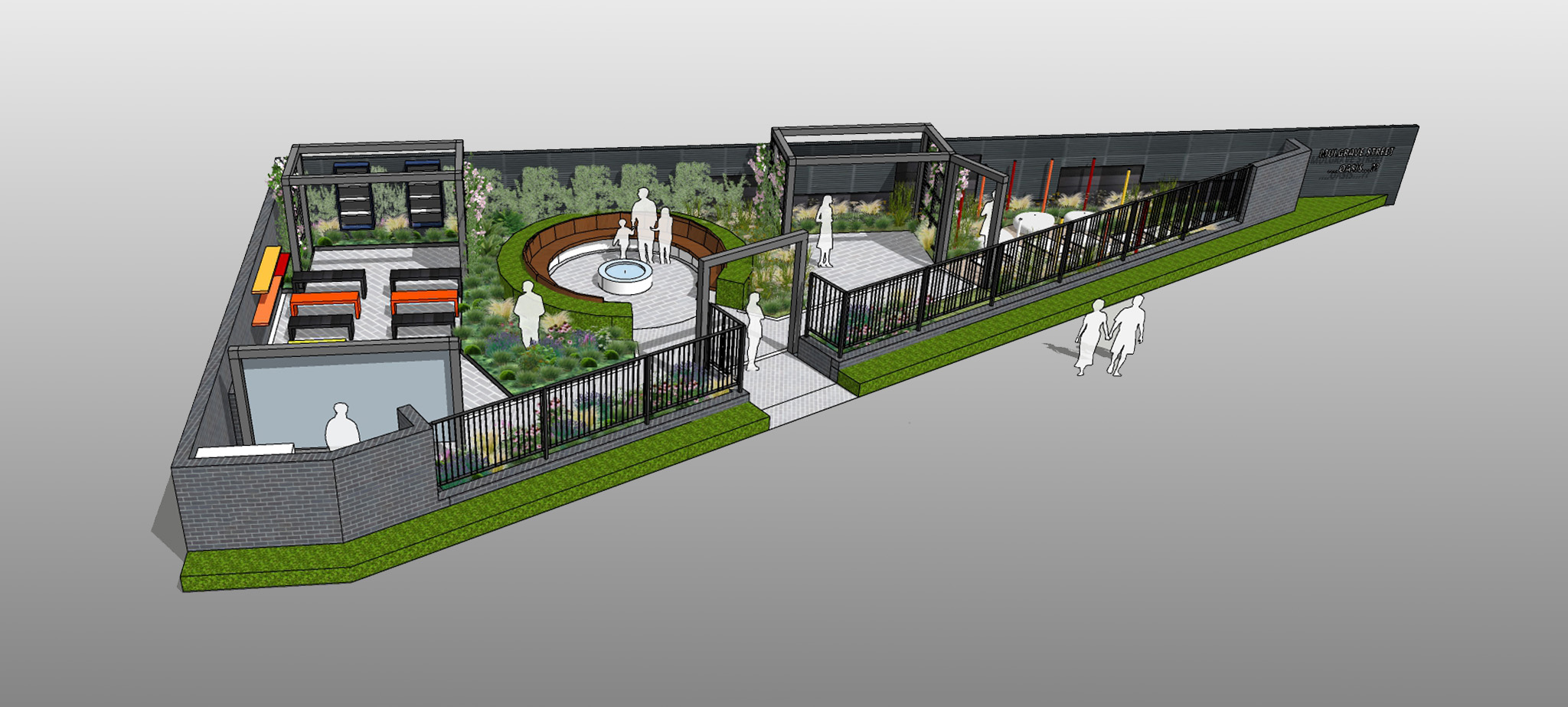
Liverpool City Region: Net Zero Public Engagement
Liverpool City Region
Our Story
The Liverpool City Region (LCR) Combined Authority (CA) has a target to reach Net Zero carbon emissions across the region by 2040. As the LCR changes to a low carbon future, we wanted to gain an insight into how these changes may impact the lives of the public living in, working in, and visiting the LCR over the next 19 years, by testing our visions.
The general public were engaged during the summer of 2021 using an online engagement website and workshops. In addition, young people, aged 16 and under, were engaged using a specially designed survey and workshops.
It was a very useful event to gage local opinion and what areas we should focus on. It also allowed us to understand the worries or concerns people have, helping us understand where there may be difficulties bringing people on the journey to Net Zero and where we may need to look into solutions to support those within the LCR to reduce their carbon emissions.
The Challenge
This was a huge research and engagement project. A number of teams across the LCRCA worked together to plan, develop, and communicate the findings. We also worked with a number of community suppliers including Maximum Edge, Firestarters, and Cycle for Life, to engage with young people and find those hard to reach groups.
It was important for us to not lead thoughts or answers, and to communicate that all opinions were valid. Allowing for open responses and undertaking workshops, whilst time consuming for analysis, it was insightful and interesting, raising points that we may never have heard.
We knew that it was important to design different material to engage different audiences, therefore we teamed up with Wirral Youth Voice who gave us some great help in making sure the workshops were engaging and understandable to that age of audience.
It’s also important to consider making upfront decisions as to what data you may want to cut out bt looking at certain attributes and to make sure the correct platform is selected for data collection. We used a third-party website for the main survey, however, as they do not share the protected characteristic linked to the data, we were not able to analyse the results to identify any issues that affect some groups more than others.
Our Solution
In total we have 1,217 responses across four themes, Home, Neighbourhoods, Transport and Travel, and In the Workplace. 29% of responses were from young people.
From the surveys, 7 in 10 people agreed we need to reduce carbon emissions. 88% of those in the youth workshops felt we should follow the data to make the biggest changes in the fastest amount of time, and just over 2 in 3 of those in the general population workshops think the same.
However, despite a high agreement of people thinking action is needed, only 46% of all respondents asked felt they have good or very good knowledge about the actions needed to reduce carbon emissions. Additionally, apart from the visions around homes, rates of positivity regarding the visions put forward are low.
The feedback also raised some interesting concerns that we hadn’t initially thought of. There was a sizable amount of people that were concerned about the cost of the changes and the potential impact on prices of items and a worry that the changes will put up new barriers for people and businesses’ behaviours. There was also concern around the idea of a ‘one size fits all approach’ may not be the best way forward.
Whether positive or negative, the event was a huge success given the numbers of responses we received, and a reasonably high hit rate of under-16 engagement. The data will be invaluable for the LCRCA as we move towards a Net Zero world, and will provide the basis on how we can deliver that.
FOR FURTHER INFORMATION CLICK HERE.









